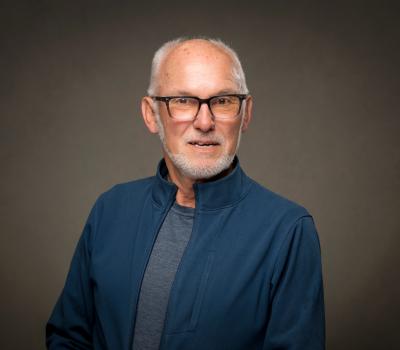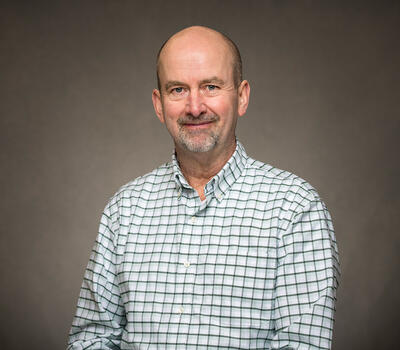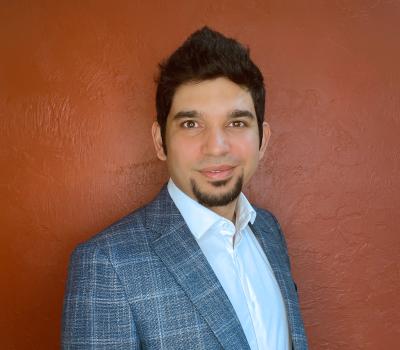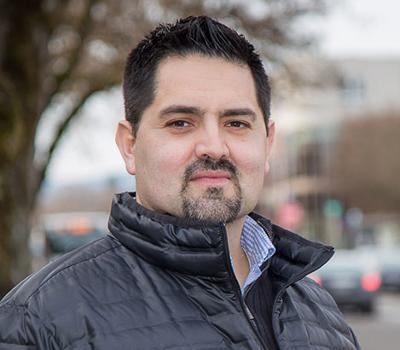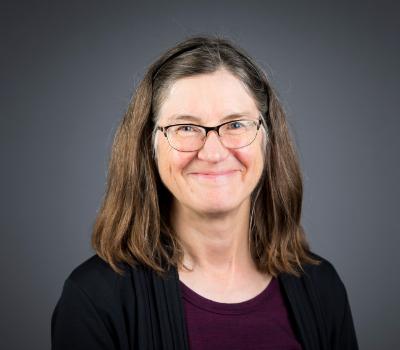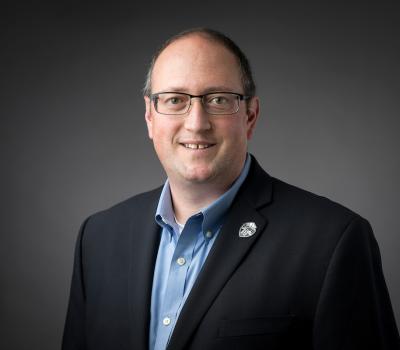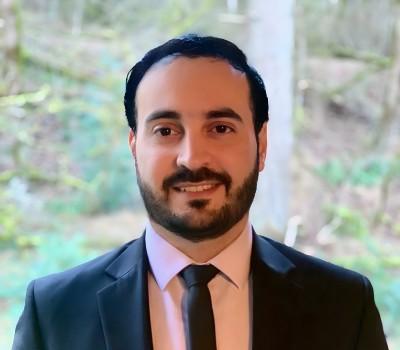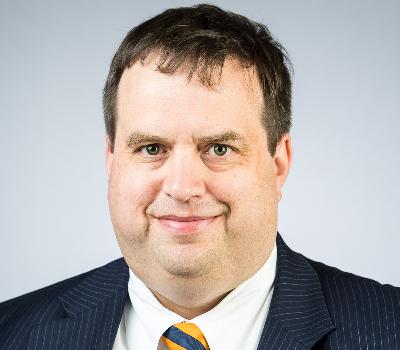Transportation research at Oregon State University can be divided into two broad interest areas: 1) traditional transportation engineering (e.g., transportation planning, operations, design, and safety) and, 2) pavement design and pavement materials. There are overlapping interests, but faculty members Salvador Hernandez, David Hurwitz, Hisham Jashami, and Haizhong Wang principally lead research in the traditional transportation area, and faculty members Erdem Coleri, and Jason Weiss work in the pavements area.
Faculty and Research
Transportation engineering faculty maintain active research programs, examples of our funding agencies include the AAA Foundation for Traffic Safety, Bureau of Transportation Statistics, Federal Highway Administration, Federal Railroad Administration, Idaho Transportation Department, M.J. Murdock Charitable Trust, National Cooperative Highway Research Program, National Science Foundation, Oregon Department of Transportation, Pacific Northwest Transportation Consortium, the Portland Bureau of Transportation, United States Department of Agriculture, Washington County, and private industry.
- Associate Professor Salvador Hernandez's methodological research interests and expertise are in the areas of statistical, econometric, and mathematical modeling, including discrete choice analysis. Dr. Hernandez’s research derives knowledge from social and computational sciences to create meaningful solutions for problems in Transportation Safety, Freight Logistics, and Transportation Systems Modeling. His current areas of research interest are: Transportation safety modeling of all modes encompassing crash countermeasures, crash and safety analysis, and statistical modeling; Use of large scale disaggregate data sets for developing strategic, tactical, and operational models and solution methods for problems that arise in the multidisciplinary and interdisciplinary areas of transportation systems. Dr. Hernandez is also interested in the understanding and modeling of natural disasters related to forest fires and earthquakes.
- Professor David Hurwitz conducts research in the areas of transportation human factors, transportation safety, traffic control devices, and engineering education. In particular, Dr. Hurwitz is interested in the consideration of user behavior in the design, evaluation, and innovation of surface transportation systems. Additionally, his research program contributes to advancing the state of the practice in transportation engineering education through the development of research based curricula, assessment tools, and learning theories. Dr. Hurwitz leverages the OSU Driving and Bicycling Simulator Laboratory and a significant array of traffic data collection tools to provide a more detailed understanding of how and why transportation systems perform the way they do.
- Assistant Professor, Senior Research Hisham Jashami’s research emphasizes traffic operations and safety, experimental design, and advanced statistical modeling. He works to develop more robust design standards using big data, machine learning, naturalistic driving, and micro/macro simulation, crash data, and field data to improve the understanding of how road user behavior changes in response to roadway and traffic characteristics. He is also interested in the development of Python coding, JavaScript, and C++ to deliver more efficient research outcomes and to enhance the capabilities of human-in-the-loop simulator environments.
- Associate Professor Erdem Coleri's research interests are in the areas of low-carbon transportation materials and structures, energy-efficient pavement design strategies, and infrastructure health monitoring using wireless sensor networks. His research focuses on modeling and testing in several areas of pavement technology, including full-scale accelerated pavement testing, asphalt binder, and mixture characterization, aggregate characterization, balanced-mix design and performance-based specifications, asphalt mix and structural design, and general pavement design. The ultimate goal of his research is to encourage the use of more sustainable pavement materials, such as permeable pavements, rubber asphalt, warm-mix asphalt technologies, recycled asphalt pavements, recycled concrete, and alternative cement binders. The mission of his research group (OSU Asphalt Materials and Pavements Laboratory) is to develop and implement methods and technologies to construct transportation infrastructure that is more cost-effective, socially beneficial, and does less damage to the environment while teaching the fundamentals of pavement engineering to K-12 and college students and the public.
- Professor Jason Weiss' research and teaching focus is on the development of mixture design procedures to reduce shrinkage, curling and cracking as well as test methods to evaluate the performance of these mixtures. Specifically, his research group is well known for work in the area of shrinkage reducing admixtures and internal curing. His research group has performed substantial research on the freeze-thaw performance of concrete and the durability of concrete exposed to deicing salts. This work has substantial impact on the durability of concrete pavements and the development of performance specifications for concrete pavements. His research group is well known for their use of a variety of test methods to assess transport properties in concrete and the use of these material properties in models that can predict the service live of concrete elements.
Facilities
The OSU Driving and Bicycling Simulator Laboratory is focused on studying transportation operations and safety issues from a multimodal perspective. The lab hosts a desktop driving simulator, a passenger car driving simulator, a bicycling simulator, and a heavy vehicle driving simulator. The lab is unique as an experimental subject in any of the simulators can interact in the same virtual world simultaneously with an experimental subject in any of the other simulators. The passenger car and heavy vehicle driving simulators can simulate different advanced driver assistance systems.
Another significant research facility is the Transportation Operations Laboratory. The lab hosts 6 high powered computers for use with a wide variety of transportation engineering software including but not limited to Synchro, VISSIM, TransModler, Sidra, HCS, NOGIT, and QGIS. Additionally, a wide variety of temporary data acquisition systems and their associated software are available including but not limited to CountCam 4, CountCam 3, CountCam 2, CountPRO + countPAD2, Jamar Count Boards, DJI Mavic 2 Pro, DJI Osmo Action, Spyder 4 Channel Analyzer, Triaxial accelerometer, and ProLaser 4 handheld LIDAR.
Podcasts
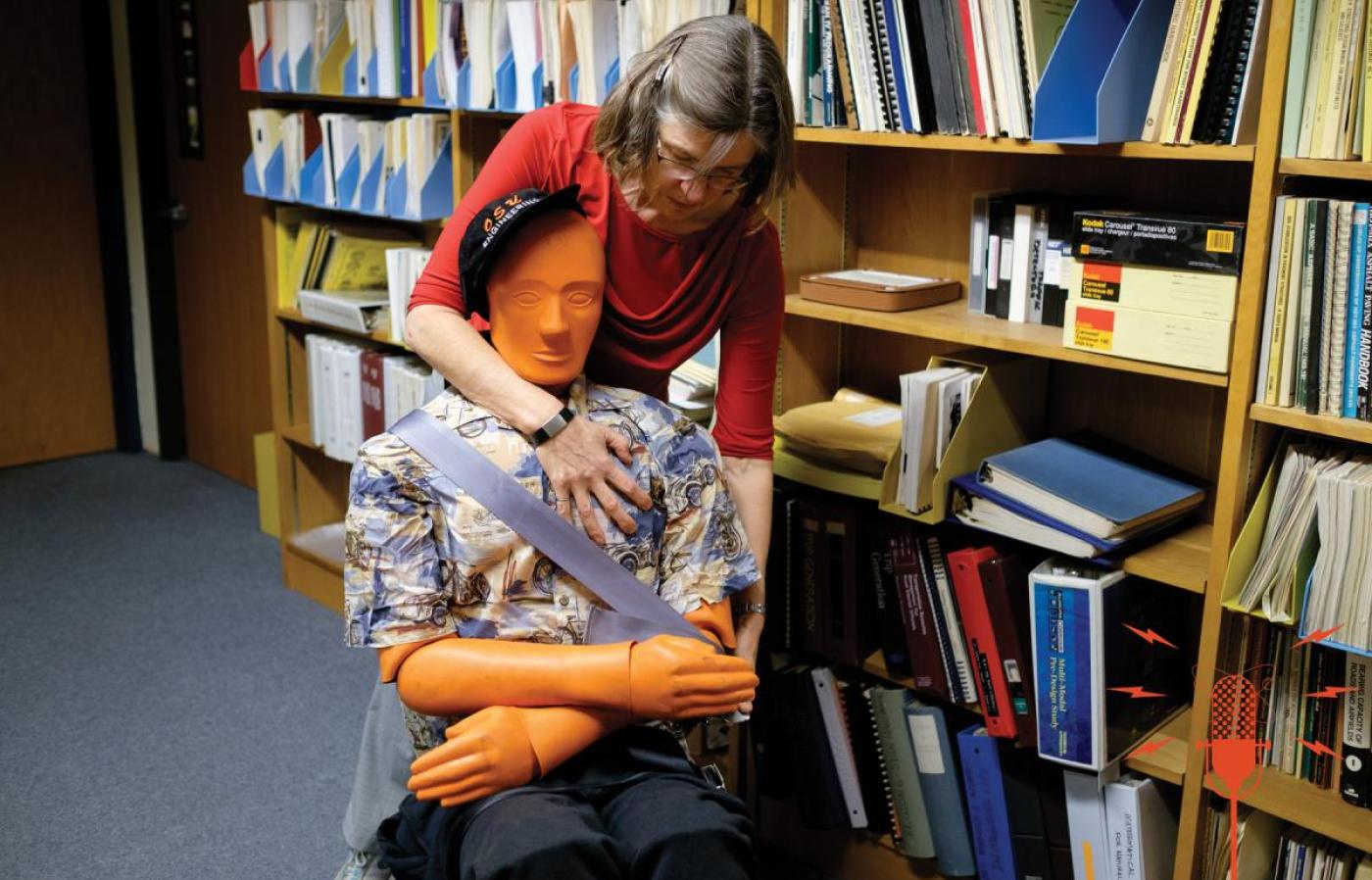
By air and by land
In part one, we’ll uncover the extreme challenges of air travel for people with disabilities, the risky measures they take in order to fly, and the serious harm they face every time they board an aircraft...
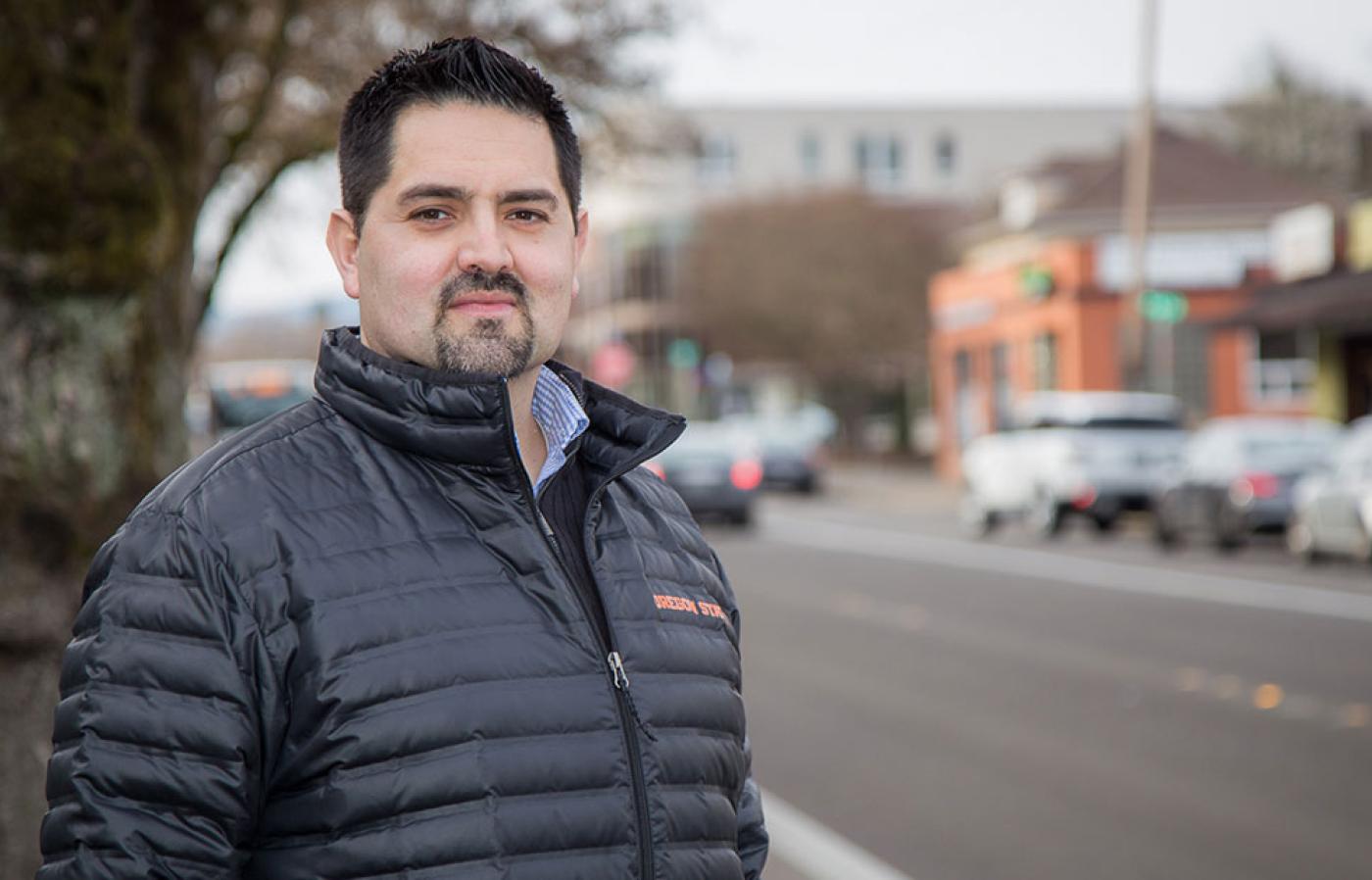
Safer solutions for the national truck parking crisis
Ever wonder why so many truckers park their rigs on highway off-ramps, in retail store parking lots and at other odd locations? It’s not their first choice, and it’s not the safest choice either, but sometimes it’s their only choice.
Examples of Research Papers and Projects
- “Temporal Stability of Driver Injury Severities in Animal-vehicle Collisions: A Random Parameters with Heterogeneity in Means (and Variances) Approach,” Al-Bdairi, N., Behnood, A., Hernandez, S., Analytic Methods in Accident Research, V 26, pp. 100-120, February 2020.
- “Bicyclists’ Behavioral and Physiological Responses to Varying Roadway Conditions and Bicycle Infrastructure,” Cobb, D.P., Jashami, H., Hurwitz, D., Transportation Research Part F: Traffic Psychology and Behavior, V 80, pp. 172-188, July 2021.
- “Evaluation of Driver Comprehension and Visual Attention of the Flashing Yellow Arrow Display for Permissive Right Turns,” Jashami, H., Hurwitz, D., Monsere, C., Kothuri, S., Transportation Research Record: Journal of the Transportation Research Board, V 2673 (8), pp. 397-407, August 2019.
- “Blending of Virgin and RAP Binder for Asphalt Mixes with High RAP Contents: A Pilot Study.” Lewis, S., Coleri, E., Sukhija, M., Sreedhar, S., International Journal of Pavement Research and Technology, January 2024.
- “Electrical Response of Mortar with Different Degrees of Saturation and Deicing Salt Solutions During Freezing and Thawing,” Farnam, Y., Todak, H., Spragg, R., Weiss, J., Cement and Concrete Composites, V 59, pp. 49-59, May 2015.
Transportation Graduate Program Alumni
Following their time at Oregon State, our students are often recruited by leaders in academia, government, and industry to make a positive impact around the globe. Here are a few of our recent graduates and their current positions:
- Masoud Ghodrat Abadi, Assistant Professor, California State University, Sacramento (PhD, 2018)
- Jason Anderson, Senior Research Associate, Portland State University (BSCE, 2014, MSCE, 2016, Ph.D., 2018)
- Cadell Chand, Traffic Analyst, Washington County (Honors BSCE, 2018 & MSCE, 2020)
- Chen Chen, Assistant Professor, Oklahoma State University (PhD, 2021)
- Douglas Cobb, Research Highway Engineer, Federal Highway Administration, (PhD, 2020)
- Shangjia Dong, Assistant Professor, University of Delaware (PhD, 2017)
- Dejan Dudich, Senior Transportation Analyst, Transportation Planning and Analysis Unit, Oregon Department of Transportation (MS, 2015)
- Kayla Fleskes-Lane, Transportation Engineer, DKS Associates (BSCE, 2016 & MSCE, 2018)
- Alireza Mostafizi, Senior Director of Data Engineering, MotionWorks, (Ph.D., 2018)
- Kezia Suwandhaputra, Transportation Engineering Associate I, City of Los Angeles DOT (MSCE, 2024)
- Jasmine Teramae-Kaehuaea, Transportation Engineering, Austin, Tsutsumi & Associates, Inc (BSCE, 2013 & MSCE, 2015)
- Hamsa Zubaidi, Head of Road and Transport Department, Al-Qadisiyah University (PhD, 2019)
